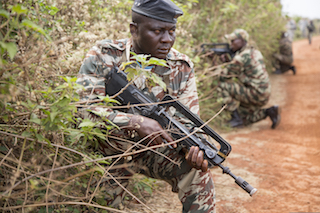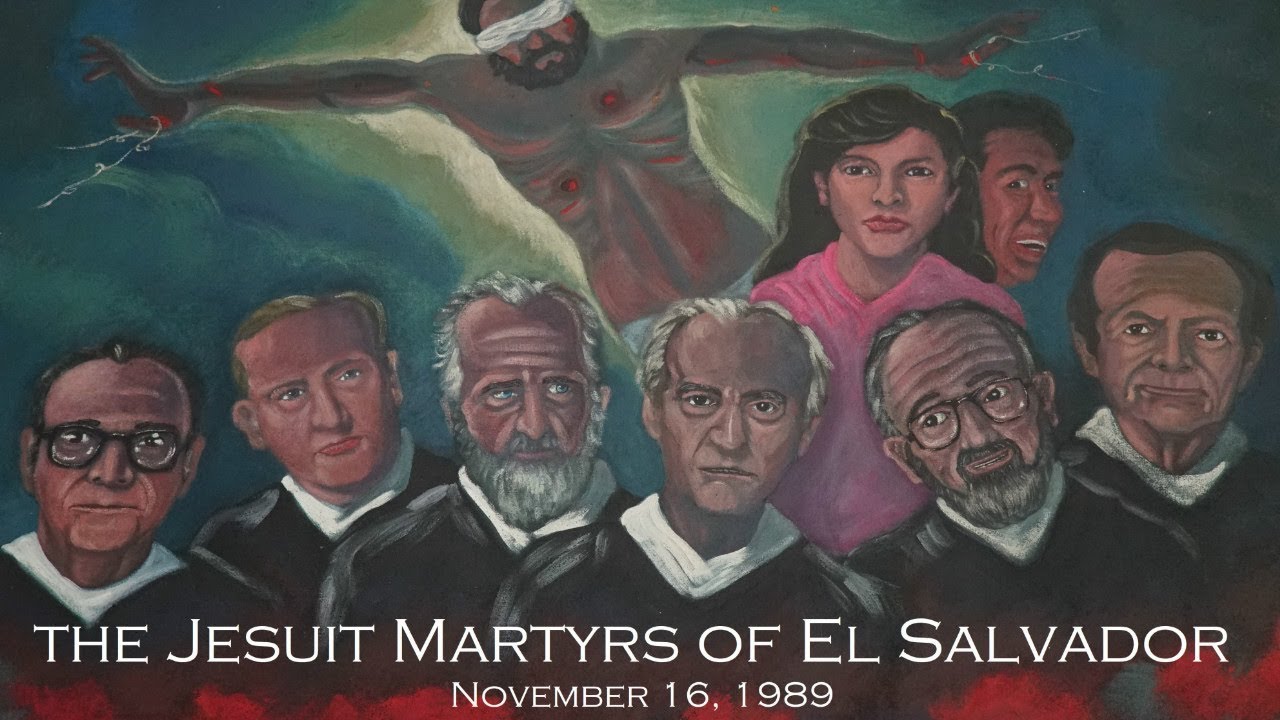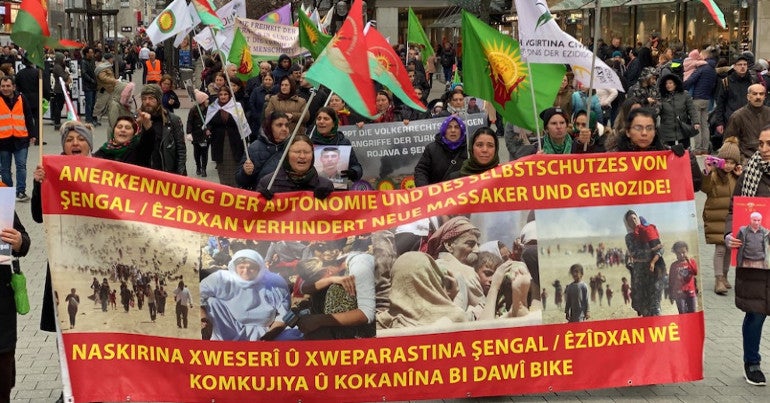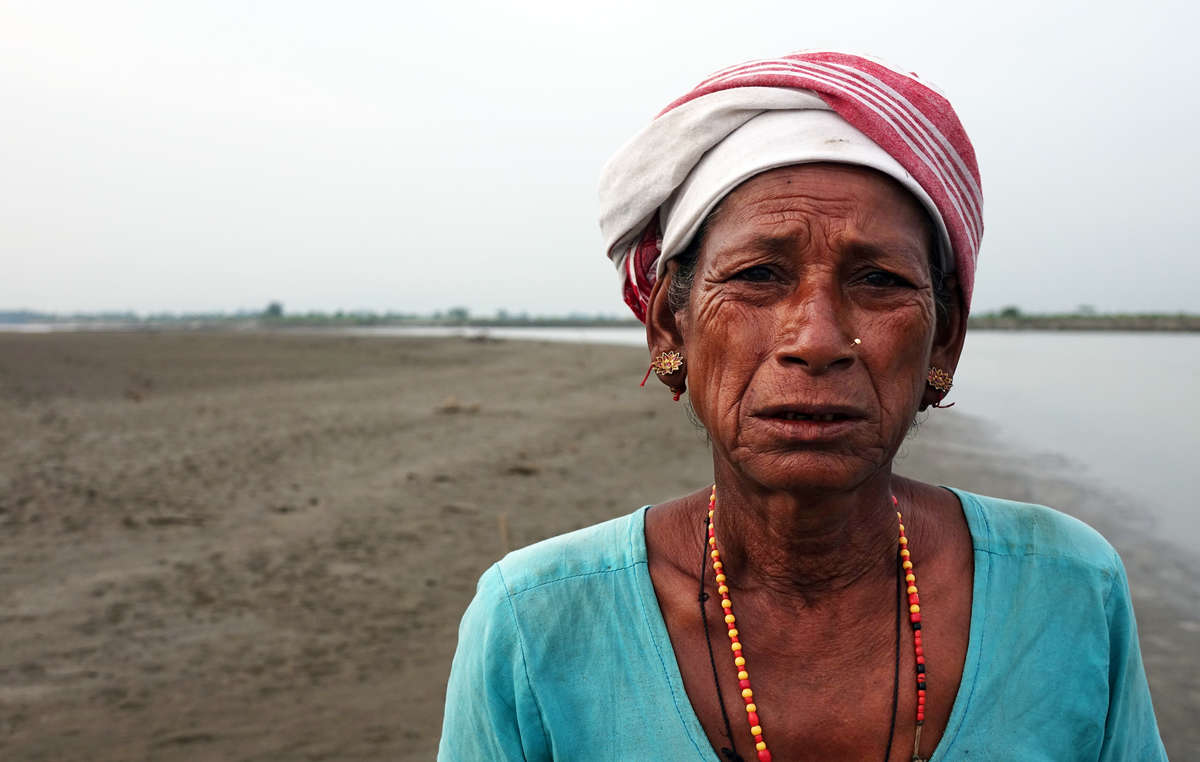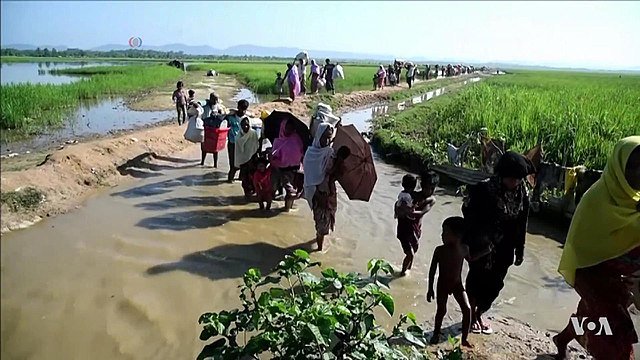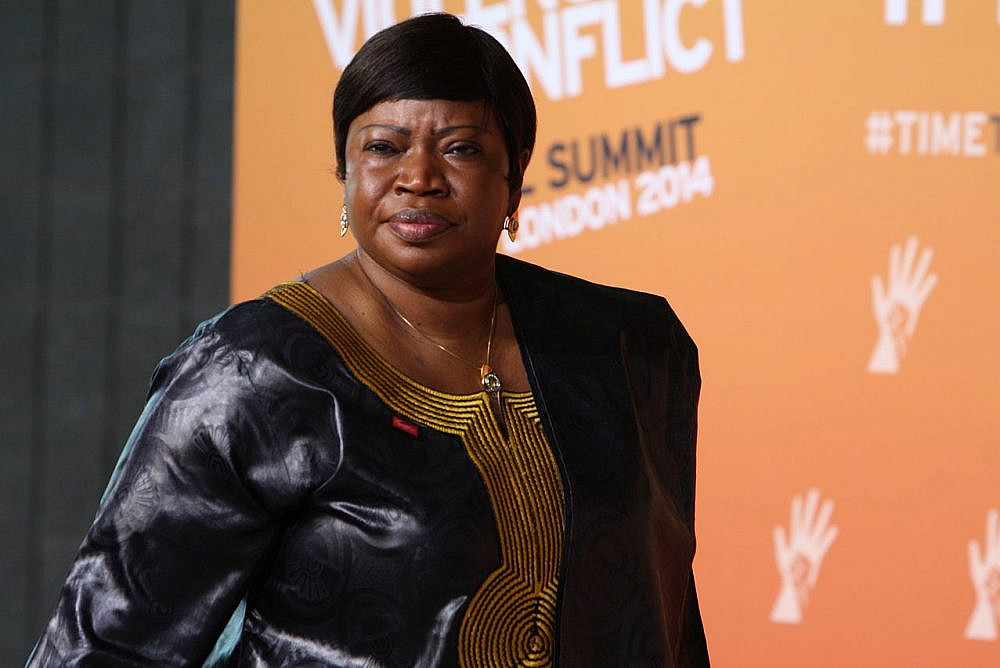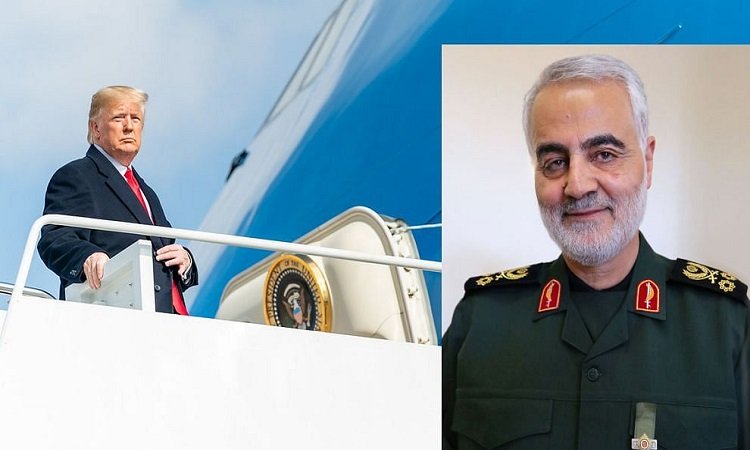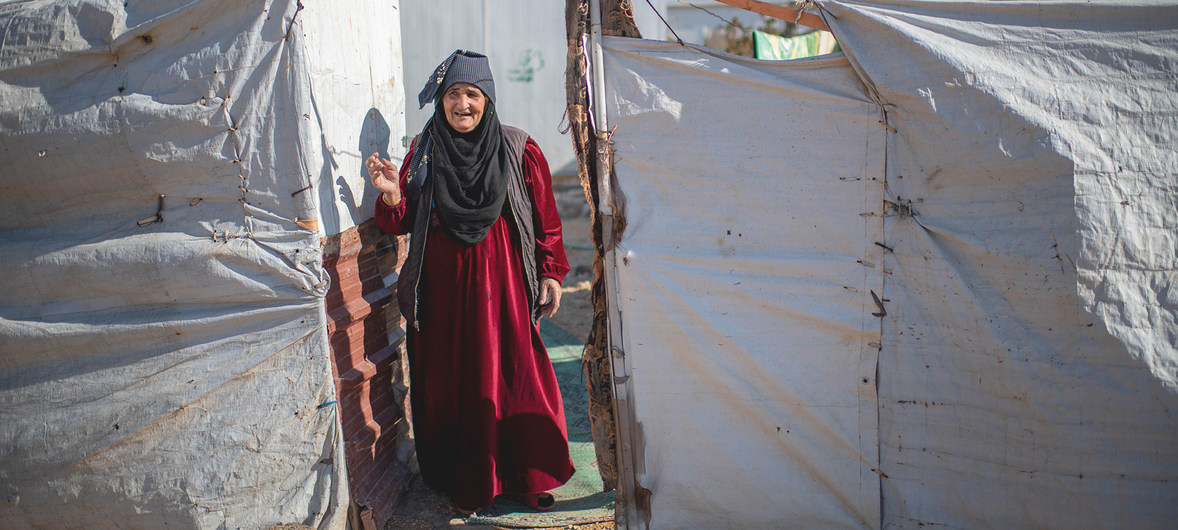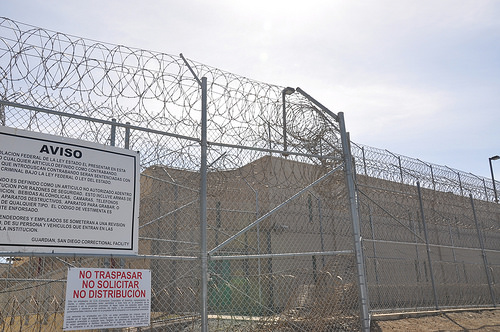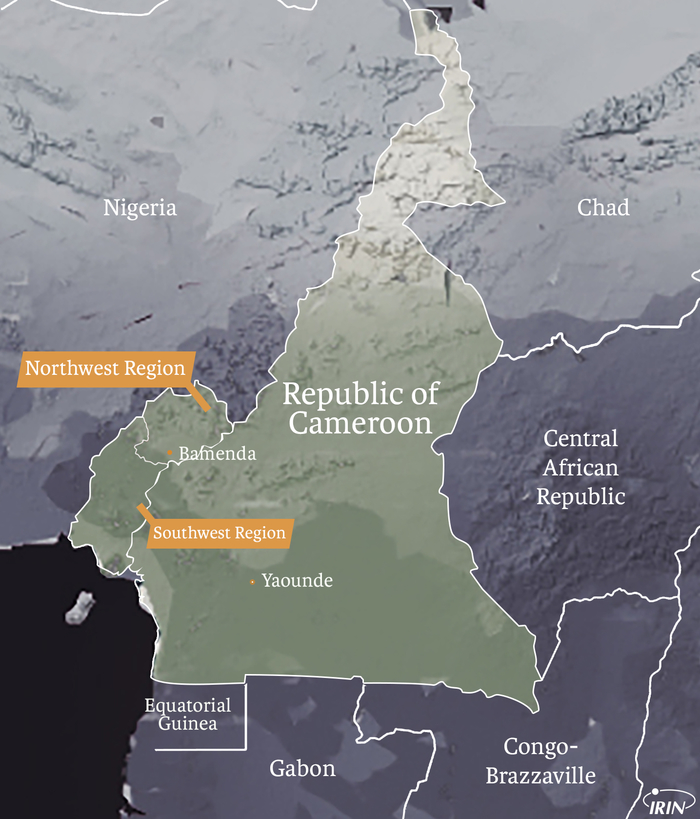
Massacre in Cameroon’s conflicted western region
At least 22 people were killed in an attack in Cameroon’s Northwest region, UN officials report—the latest incident in a wave of violence to shake the country’s restive English-speaking regions. The attack in Ntumbo village left 14 children dead—including nine under the age of five—according to the officials. Opposition groups said the army was responsible, but the military blamed the explosion of fuel containers during a gunfight with separatists. Some 8,000 people have fled anglophone areas in recent weeks for Nigeria, following rising violence involving the army and separatist groups, who called for a boycott of parliamentary and municipal elections earlier this month. (Map: IRIN)



